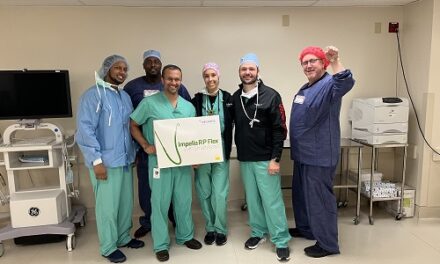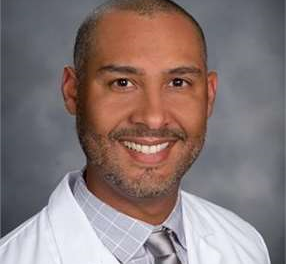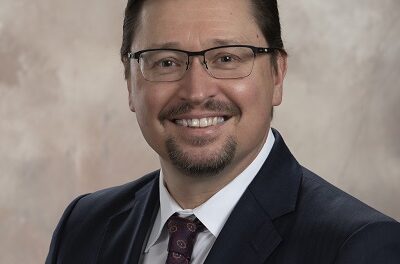Change. Health care. The two seem to go hand-in-hand these days. The latest change taking place in health care is the opening of two Freestanding Emergency Departments (FSEDs) in Broward County. These FSEDs will offer everything that is available at emergency departments that are physically connected to hospital complexes, and are located only a few miles from their affiliated medical centers; so one may wonder why they are necessary.
.jpg) Mitch Feldman, CEO of West Boca Medical Center – which is affiliated with the FSED at Coconut Creek – explained that Florida began licensing these facilities a few years ago and they were initially expected to be located in more rural than urban settings. "In our specific case, we’ve had a good history of uncoupling certain services that can be performed safely in high-quality outpatient areas that used to be part of the hospital; we brought them into the community in convenient, central locations, and the satellite emergency department idea was a natural extension of that."
Mitch Feldman, CEO of West Boca Medical Center – which is affiliated with the FSED at Coconut Creek – explained that Florida began licensing these facilities a few years ago and they were initially expected to be located in more rural than urban settings. "In our specific case, we’ve had a good history of uncoupling certain services that can be performed safely in high-quality outpatient areas that used to be part of the hospital; we brought them into the community in convenient, central locations, and the satellite emergency department idea was a natural extension of that." Likewise, the FSED in Davie is associated with Florida Medical Center. CEO Gabrielle Finley-Hazle said establishing the facility in the area was based on discussions asking, "How do we better serve our community, and how do we expand emergency access?" She continued, "I was born and raised in the community, and emergency access is very near and dear to my heart. So a lot of the decisions we make when it comes to the services we’re offering are specifically focused on our community."
Likewise, the FSED in Davie is associated with Florida Medical Center. CEO Gabrielle Finley-Hazle said establishing the facility in the area was based on discussions asking, "How do we better serve our community, and how do we expand emergency access?" She continued, "I was born and raised in the community, and emergency access is very near and dear to my heart. So a lot of the decisions we make when it comes to the services we’re offering are specifically focused on our community."To emphasize that, she pointed out that rooms in the new facility are actually dedicated to the neighborhoods surrounding it. "Our goal has been to create a ‘local flair,’ so that if you’re from this area and you walk into that building you feel, ‘It was built just for my community, for us to be able to access emergency services.’ We did that to let the community know that we really built it with them in mind."
Similarly, Feldman said that at a recent open house in Coconut Creek, people liked the modern décor, and the fact that it has a lot of open and airy space – it would be a cheerful place for the staff to work, even while treating patients.
But while a modern building and pleasant surroundings are nice, the health care provided is what’s most important, and both facilities are prepared to handle that. Finley-Hazle said the FSEDs ("We’re calling it an emergency care center, so that people in the community really understand that it’s focused on increasing emergency access.") are similar to hospitals that handle basically everything, but may not have specialized capabilities, such as open heart surgery or comprehensive stroke care programs.
Feldman agreed, saying "Yes, it has laboratory capabilities, imaging capabilities, a 128-slice CT, board certified emergency physicians, seasoned emergency room nurses, and paramedics. There will be a very solid connection electronically with patient information flow, and when patients who are evaluated at the emergency satellite center require admission or immediate surgery, our ambulance partner will arrange for transport from the satellite to our facility – or to one with the specialty designation that could take care of their clinical needs."
Both Feldman and Finley-Hazle emphasized the importance of staff at the FSEDs. Feldman said, "One of the things we were very insistent on, we have the same emergency physicians who work in our ER, they’re just expanding their group to be able to service the satellite ER, because we want to bring the same expertise from the hospital to this new location."
Finley-Hazle further stated that new positions will also be added. "I think that’s the beauty of growth in any area, the ability to create jobs. And we know that’s something that’s needed in our country. So we have definitely created jobs and have the opportunity to hire dedicated staff to work at this facility."




























